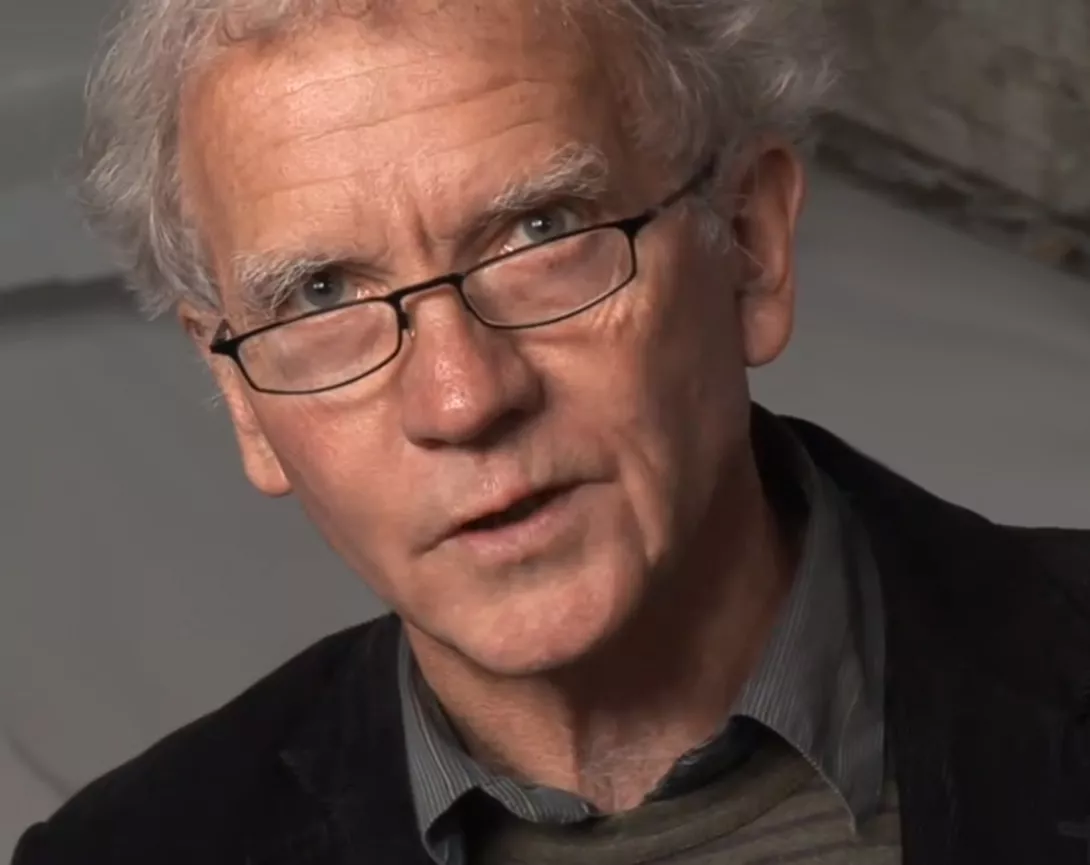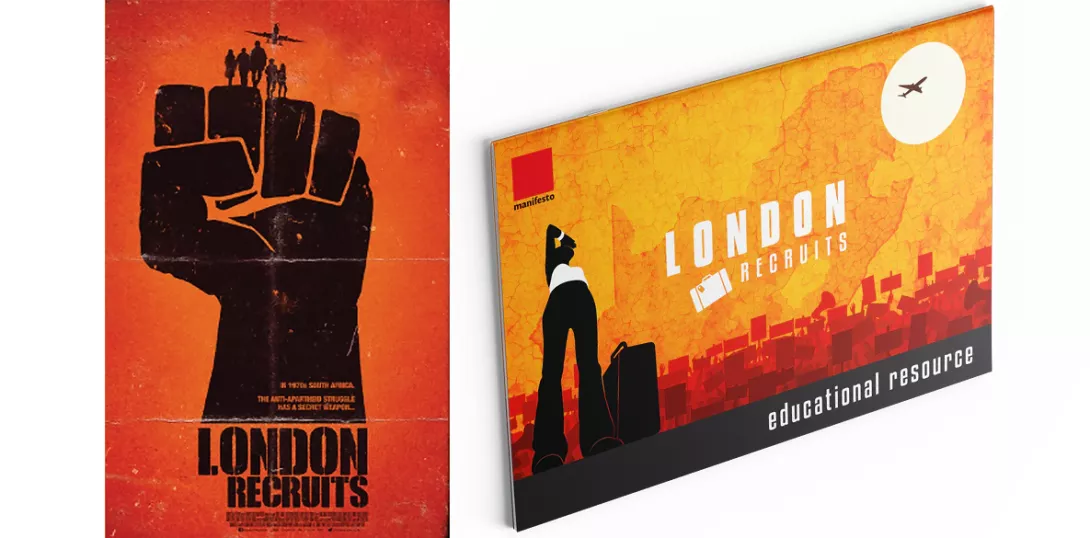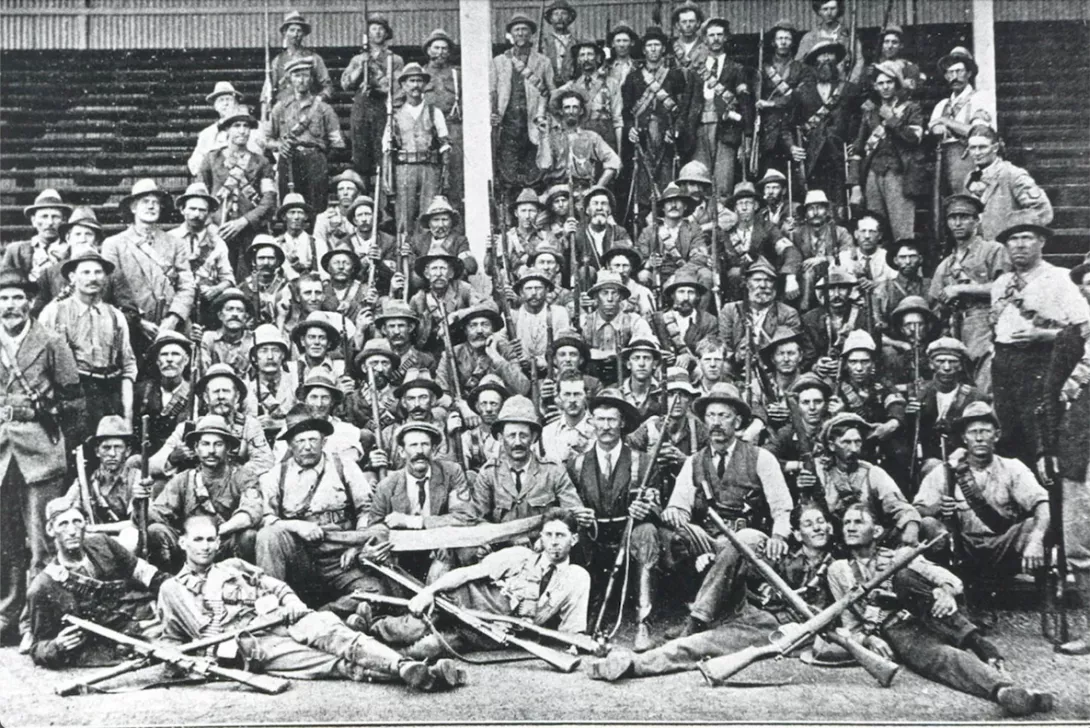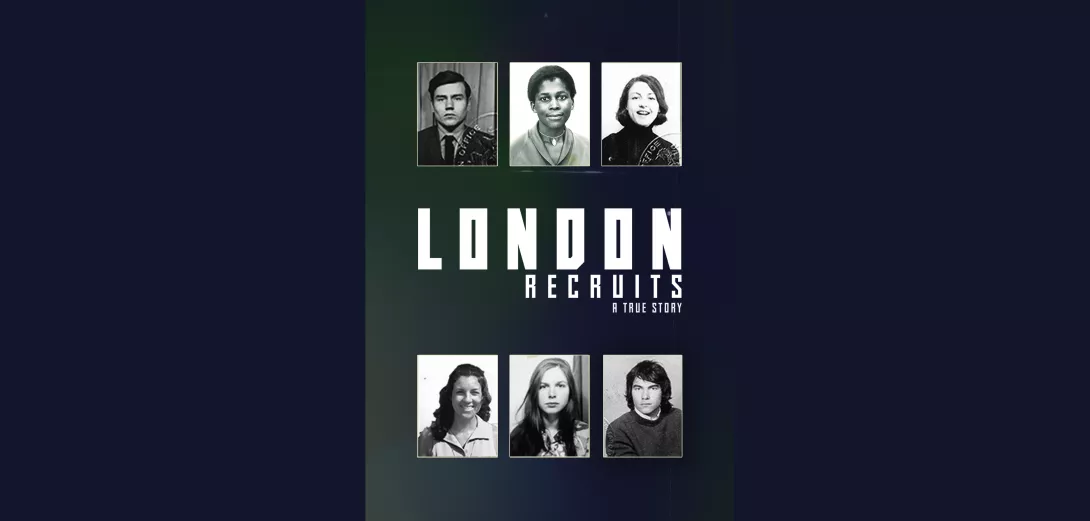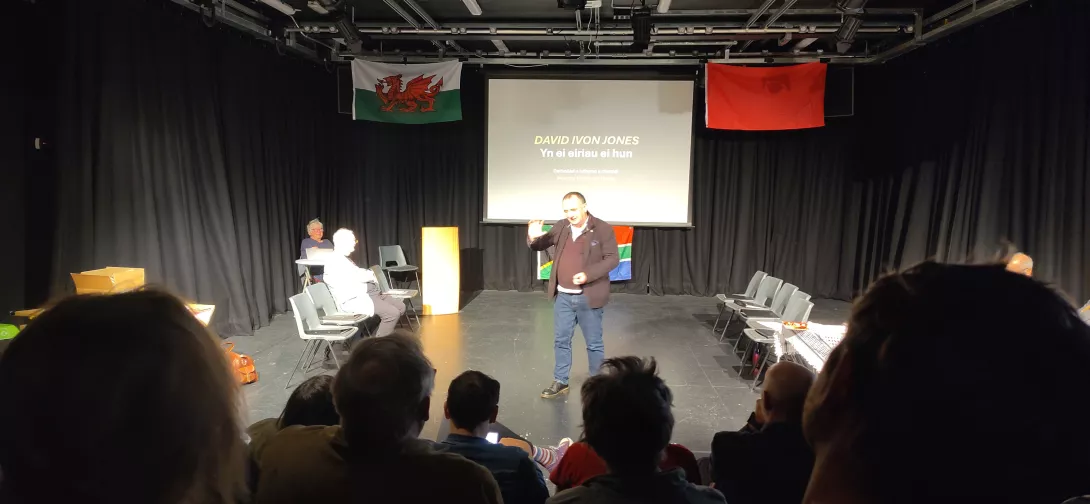
“Nid yw prophwyd yn ddibris, ond yn ei wlad ei hun...”
“A prophet is not without honour, but in his own country...” – Mark 6.4.
OUR recent task was to resurrect the name of David Ivon Jones, preacher, propagandist, trade union organiser and revolutionary, with a commemorative festival on the centenary of his death.
Sat in chapel as a boy Jones may have heard this biblical passage in his native Welsh, never thinking that it would apply to him, a grocer’s boy.
Later he would be lauded in South Africa among radicals in textbooks and on websites — and the nascent USSR was to bury him among their most famous sons and daughters. He would lie in a Moscow monastery cemetery alongside Chekov, Shostakovich and Khrushchev. Yet in his native Wales, he became largely invisible.
It was the Welsh Marxist historian, Gwyn Alf Williams, who had first rescued David Ivon from obscurity in his own country. And in the National Library of Wales, it was Colin Thomas the radical film producer and director of two historical documentaries on David Ivon who introduced their screening.
These were filmed under the noses of the apartheid regime of South Africa. It was indeed a privilege to see once again these gems of historical film-making produced for S4C and the BBC by the ground-breaking team of Thomas and Williams!
During the festival, a small crowd assembled and following a short description of his life from Communist Party general secretary and communist historian Robert Griffiths, Aberystwyth Town Council — represented by councillors from Plaid Cymru and the Labour Party — placed flowers by the small plaque to David Ivon. This is at the radical Unitarian Chapel which had seen David Ivon preach his first sermons.
Then to the community theatre “Arad Goch” — red plough in English — for the launch of the new book celebrating David Ivon, entitled A Voice For Freedom, Jones in Wales and South Africa, Articles and Speeches 1901-1924, edited by Meic Birtwistle and Robert Griffiths (Praxis Press).
A video message was received from Blade Nzminade, a former minister of the African National Congress government of South Africa. “An inspiring organiser … David Ivon played a leading role in the first all-black trade union, the Industrial Workers of Africa. And was one of the first Caucasian fighters for equal rights for black South Africans.”
Then came a thrilling dramatic reading in character based on extracts from the new book by the Ceredigion actor Roger Owen. His presentation of the feelings and thoughts of David Ivon enthralled the audience.
Whether love poems, social commentary or revolutionary tracts his performance was stunning in effect. This was complemented by a party from Cor ABC who sang Duw Cadw’r Bobl, David’s translation of a Chartist hymn and ended the performance with Y Faner Goch (The Red Flag).
To end the festival came a preview screening in Aberystwyth Arts Centre of the award-winning drama-documentary London Recruits on the exploits of young British communists and socialists who smuggled propaganda and funds to the ANC in the 1970s.
And Gordon Main, the director of the Welsh film company Barefoot Rascals was present in a packed cinema to answer questions on the film which had taken nine years from its inception. It was a highly emotional event with two of the recruits also present, Steve Marsley and Sean Hosey, who as young communists had volunteered to go to Johannesburg to assist the ANC.
The film includes a highly charged portrayal of the volunteers’ exploits as well as the subsequent capture, torture and imprisonment of Sean. A rare production in that it weaved together emotion and analysis.
An exciting addition was the unexpected presence of a member of the SACP’s Central Committee, Reneva Fouvrie and a former Umkhonto We Sizwe ( the ANC’s military wing) member Barry Gilder.
The former British government minister and famous anti-apartheid activist Peter Hain sent a message of support.
“The anti-apartheid struggle was only won after the participation of hundreds of thousands of activists and workers in Wales, the rest of Britain, inside South Africa and right across the world.
“It was a hard and bitter fight and we were in a minority, with Washington, London, Berlin, Paris and Brussels opposing us all the way as they traded with and armed the white minority police state. The pioneering activism of Jones paved the way for the South Wales Mineworkers and many others in that ultimately triumphant struggle to defeat apartheid.”
And Ronnie Kasrils, founding member of Umkhonto, singing the film’s praises, said of the screening: “It is befitting that it takes place while you are honouring Jones, an outstanding communist, from his own home there in Aberystwyth — a great internationalist and socialist who fought for a better world ... as the film is about international solidarity as displayed by young people, trade unionists, communists, socialists and anti-apartheid activists.”
David Ivon’s name is hopefully now to be heard on the lips of his fellow countrymen and women.
